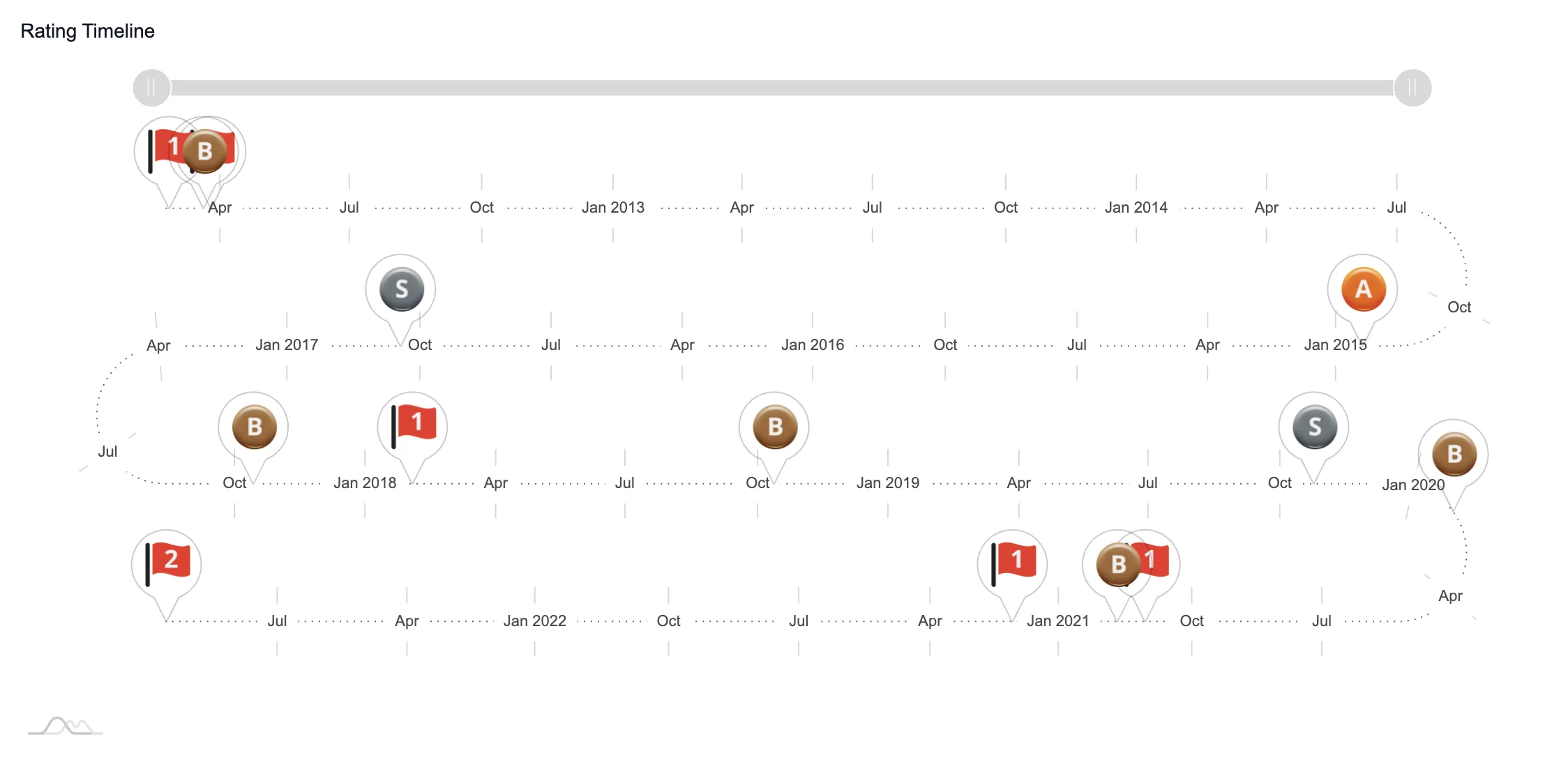What is money laundering?
Money laundering is the process in which criminals disguise the source of their money by making ‘dirty’ money appear ‘clean’. This financial crime is worth billions, occurs globally and brings great frustration to law enforcement agencies trying to bring criminals to justice.
The UK’s national crime agency estimates that money laundering costs the UK more than £100bn every year. It’s incredibly harmful to the economy, which is why businesses must follow the legal processes set out in the Proceeds of Crime Act 2002 (POCA), Terrorism Act 2006, as well as other relevant pieces of legislation. Employers are responsible for ensuring compliance with regulations, and if found to be operating outside of the law, can face hefty fines and even prison time.
This can be broken down into the three steps of the money laundering process:
Placement involves placing criminally sourced money into existing financial systems such as banks. The money is moved away from its illegal sources and appears as if it came from a legitimate source.
Layering is when the funds are laundered through a series of legitimate financial systems usually worldwide. This complicated web of financial transactions makes linking the money back to criminal activity incredibly difficult.
Integration involves extracting money from the complex web of transactions (layering) and then using the money to make a large-scale investment such as shares, luxury assets, and property.
Why are AML checks relevant for estate agents?
Estate Agents are a prime target for money laundering and financial crime, not to mention a prime target for HMRC when it comes to spotting checks and fines for AML non-compliance. That's why taking a risk-based approach is vital, to ensure due diligence is undertaken and can be proven.
Compliance with AML regulations is not only a legal requirement, but it also has wide-ranging benefits for the entire economy. The newest requirements for estate agents include:
- Monitoring and regulation of clients trying to pay with cryptocurrencies.
- Thorough requirements on prepaid cards and remote payments.
- Expansion of checks conducted by regulated businesses to include businesses that they trade with.
To try and control money laundering in the UK, stricter requirements and harsher punishments have been introduced. Businesses that fail to meet the newest regulations face a fine of up to €5m or 10% of their annual turnover.
Here are some of the best ways to reduce the chance of your business being involved in money laundering:
- Know your customer (KYC) checks, the ability to prove their business has not been involved in transferring illegal funds.
- If in doubt, file a SAR suspicious activity report with the National Crime Agency.
- Make sure you conduct enhanced due diligence and keep records of the buyer or seller’s identity as well as the legitimacy of the funds used.
- Rigorous due diligence when buyer/seller is identified as a Politically Exposed Person, and/or transaction involves individuals from high-risk countries that have been blacklisted.
- Hiring a money laundering officer, and training staff to be aware of the newest money laundering responsibilities, internal process, and signs to look out for etc.
- Keeping accurate and timely records.
When is enhanced due diligence necessary?
Enhanced due diligence (EDD) is essentially just a more in-depth due diligence check than a company would normally take. EDD is vital to protect businesses from financial crime, such as money laundering. When dealing with a high-risk customer, ensure compliance processes are closely followed to investigate them more thoroughly.
Examples of enhanced due diligence can include:
- Checking for any sanctions against involved individuals or organisations.
- Seeking additional evidence about who the ultimate beneficiary owner (UBO) is.
- Asking for proof of the source of the funds involved in the potential transaction.
- Performing full checks on any third party that has been involved e.g., a person or business that introduced you to the client.
- Performing more stringent checks.
- Requesting and checking additional identity and address documents.
Other actions that should be included in your EDD process can be adopting a risk-based approach to further secure your business and obtaining additional verification to make sure the customer is who they say they are. It is vital to get a clear picture of any involved UBOs, and the origin of funds (especially if you have a customer who is acting as an intermediary on another's behalf). Tracking a customer’s ongoing transactions, checking for adverse media coverage, and conducting an on-site visit can also help you ensure a customer is legit.
For any enhanced due diligence activities, make sure to keep a comprehensive five-year record of all measures deployed by your organisation. This includes any risk assessments that are undertaken and employee training records to ensure up-to-date knowledge within the workforce.
Finally, you may also want to create a further investigation strategy report and develop an ongoing monitoring strategy to ensure you haven’t missed anything previously. That way, if anything is flagged you will know quickly and can act fast.
Here are some scenarios relevant to estate agents where an enhanced due diligence check must take place:
- Clients are not willing to reveal their identities or act through a third party.
- Clients are introduced through a third party as you don’t know of any existing due diligence.
- Clients involved with a cash-based business and/or want to deal in cash.
- Clients outside your usual customer base and/or living abroad.
- Emerging sectors whose business has recently pivoted.
- Clients with/operating with an individual with a high net worth.
- Large transactions or one-off transactions.
- Criminal history and/or PEPs.
How Red Flag Alert can help
Red Flag Alert makes conducting compliance and AML checks quick and easy. We provide instant IDV that can be undertaken remotely, with real-time data allowing our customers access to the newest business and individual information. You can set up domestic and international monitoring alerts, so you’re notified the second something changes. You focus on the clients; we’ll ensure you’re compliant.
Our platform offers:
- A full range of risk-level checking
- Unbeatable match rates
- ID verification
- Enhanced due diligence.
- Sanctions and real-time screening of politically exposed persons
- Monitoring alerts
- A Simple interface
- Secure audit trails.
- AML checking
Learn more about how Red Flag Alert helps you protect your business from financial risk and comply with regulations, why not get a free trial today?





